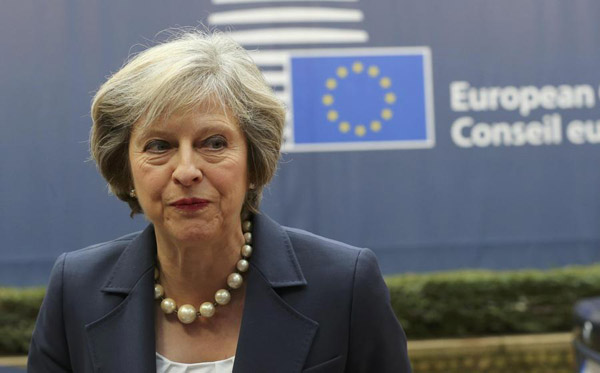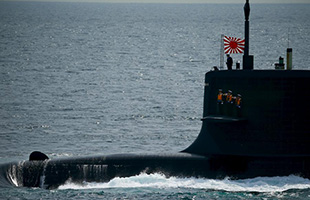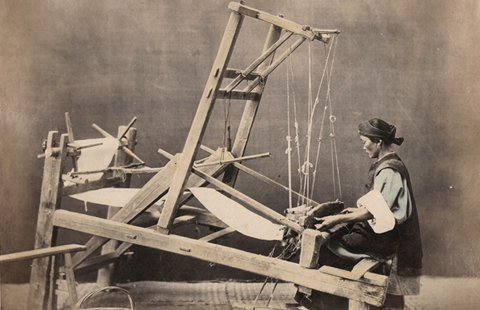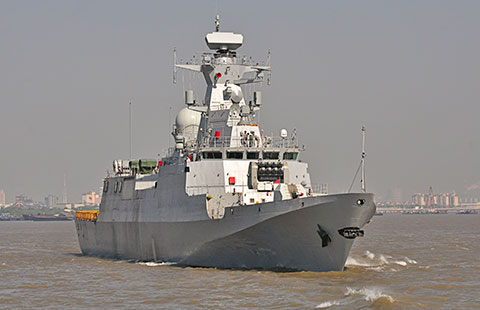EU leaders mull new trade rules
Beijing pays 'close attention' to ideas, says they must not exceed WTO requirements
 |
|
British Prime Minister Theresa May arrives at the EU summit in Brussels, Belgium, October 20, 2016.? [Photo/Agencies] |
European Union heads of government gathered for a two-day summit in Brussels on Thursday, with trade issues high on the agenda, including proposals to adopt more robust anti-dumping measures that would impact Chinese exporters.
A statement from China's Commerce Ministry said Beijing was paying "close attention" to EU proposals to revise existing trade rules, which it says should not exceed World Trade Organization standards.
The statement came as the European Commission, which functions as the executive of the 28-member EU, announced on Thursday it would come up with proposals by the end of the year on how to calculate anti-dumping tariffs involving China.
The Commission had earlier urged government leaders to back its efforts toward strengthened so-called trade defense instruments. It believes current measures have not been adequate in dealing with enormous overcapacity, which it blames for the "dumping" of Chinese goods on the European market.
It will be the first such summit for British Prime Minister Theresa May, who came to office following the UK referendum decision in June to quit the EU. She is expected to say she is looking forward to a smooth and orderly British departure. But there will be no substantive debate on the terms of so-called Brexit, which has not been formally triggered.
Tackling the trade issue in a letter to European leaders ahead of the summit, the Council's president, Donald Tusk, wrote: "I am convinced that together we can deliver a trade policy that is fit for today's concerns and tomorrow's challenges."
In response to the Commission's proposals, the Chinese Commerce Ministry cautioned: "The rules should not exceed the current standards under the WTO on market distortion, and should not become an excuse for enforcing anti-dumping measures that are against WTO rules."
The ministry also hoped the EU will avoid sending the wrong signal on trade protectionism.
In a gesture of assurance to a European public that has shown mounting skepticism about the negative effects of proposed trade pacts with the US and others, the EU leaders were expected to emphasize these concerns and underline their commitment to fully protect and promote the social, environmental and consumer standards central to the European way of life.
Dai Tian in London contributed to this story.





























